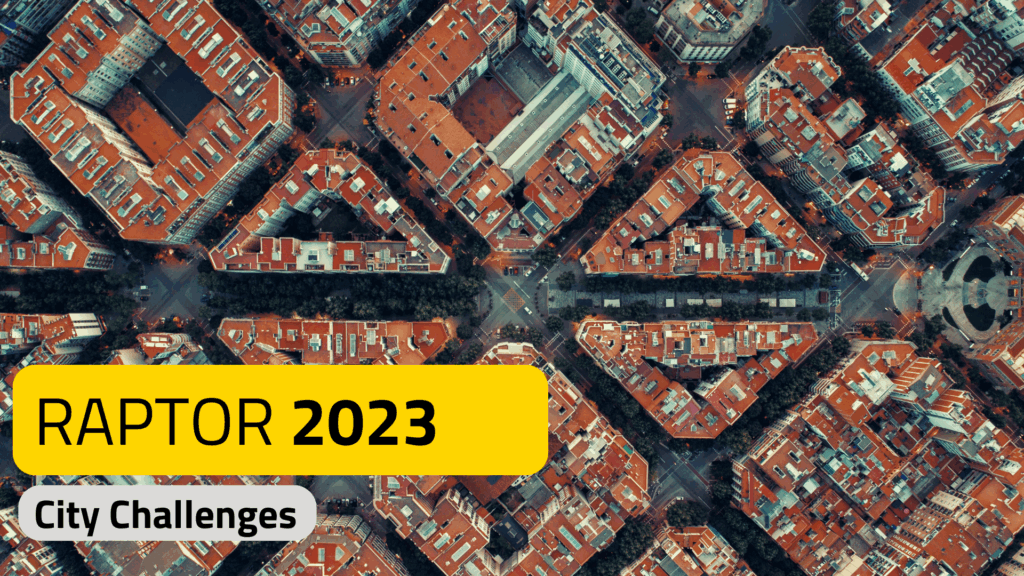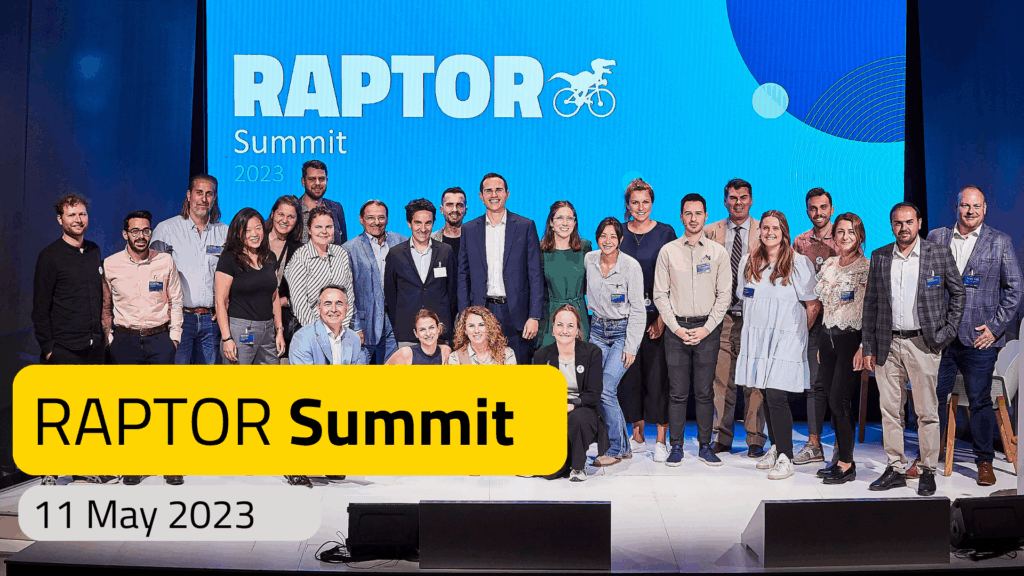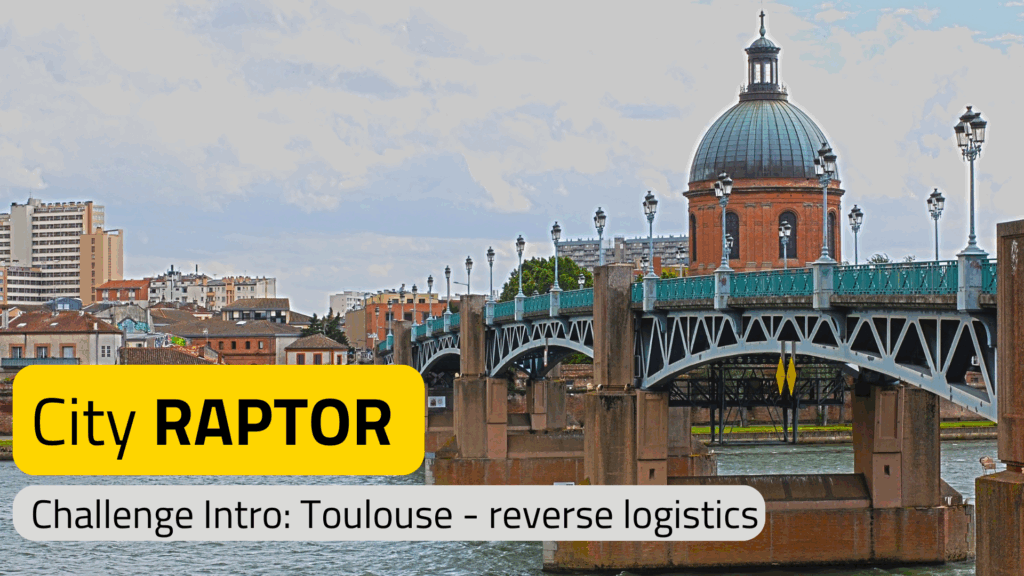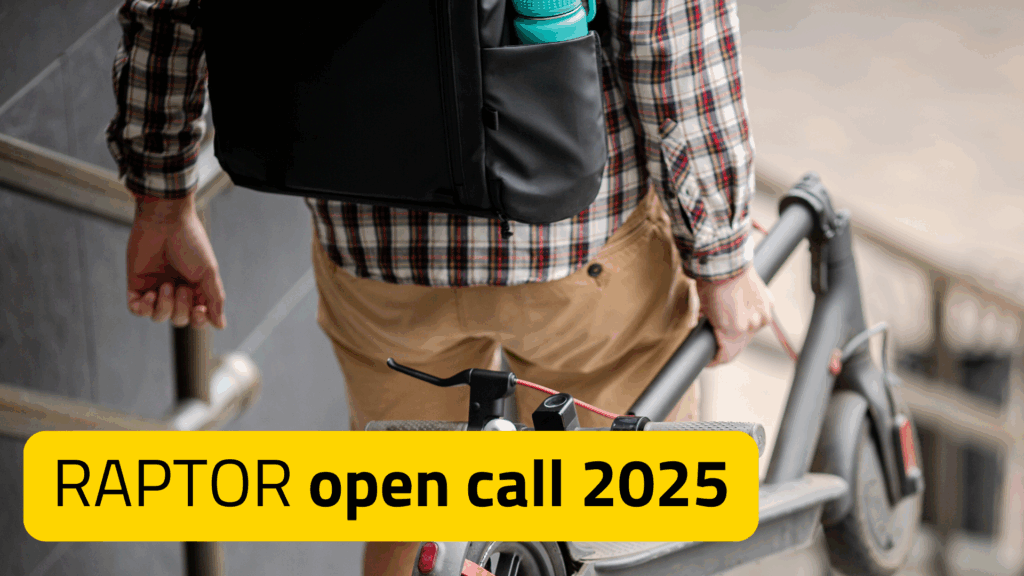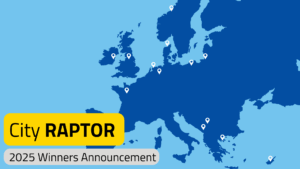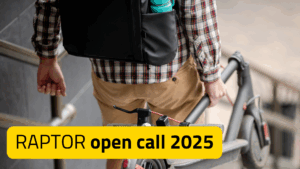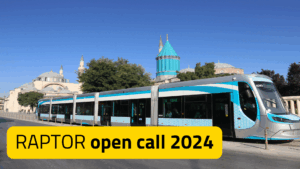Rapid Applications for Transport (RAPTOR), an agile, entrepreneurial challenge-based innovation with rapid development timelines, is a powerful tool in the EIT Urban Mobility Innovation agenda.
In 2023, 12 cities from 10 countries across Europe are searching for start-ups/SMEs to help solve critical urban mobility issues.
These 12 cities – Ajka (Hungary), Akureyri (Iceland), Ankara (Türkiye), Area Metropolitana de Barcelona (Spain), Capital Region of Denmark, Debrecen (Hungary), Dubnica nad Váhom (Slovakia), the Hague (the Netherlands), Helsingborg (Sweden), Mechelen (Belgium), Munich (Germany), and Stuttgart Region (Germany) – will work with competition winners to pilot solutions in-situ.
Each of the niche mobility challenges identified by cities can be addressed in a short period of time:
- Ajka, Hungary: Public transport optimisation. How can Ajka optimise its public transport network to ongoing infrastructural changes?
- Akureyri, Iceland: Optimising transport intermodality. How can intermodality between public transport and micro-mobility solutions be optimised?
- Ankara, Türkiye: Optimising micro mobility operations. How to increase efficiency in
e-bike field operations? - Area Metropolitana de Barcelona, Spain: City logistics data-driven. How might we leverage data collected in loading/unloading zones to improve city logistics policies in the metropolitan area?
- Capital Region of Denmark: EV charging price transparency. How can overpriced EV charging be avoided and price transparency be ensured for users?
- Debrecen, Hungary: Integration of remote neighbourhoods through active mobility. How to connect citizens from low density areas to the public transport network through active mobility?
- Dubnica nad Váhom, Slovakia: Micro-mobility usage update. Helping improve the city´s infrastructure conditions to improve micro-mobility usage.
- The Hague, Netherlands: Improving sustainable journeys to the beach. How do we improve the in-city customer journey to the main Scheveningen recreational area by modes of sustainable transport on peak days?
- Helsingborg, Sweden: Bicycle culture know-how. How can the City of Helsingborg establish a bicycle culture?
- Mechelen, Belgium: Measuring freight CO2 emissions. How to measure the CO2 emissions and its possible reduction for freight transport?
- Munich, Germany: Smart data on mobility patterns. How can individual mobility patterns be identified based on a data model?
- Stuttgart Region, Germany: Rethink your ride. How can we change the arrival and departure culture to big events to relieve congestion?
The RAPTOR competition, launching early March, will see each city, supported by technical and business advisors, select the most promising start-ups and SMEs to receive funding to develop their solution to be tested in the city within five months of award.
A maximum of 12 awardees, one per city challenge, will be selected and supported by EIT Urban Mobility financially, technically, and commercially, from August to December 2023. In addition to funding of up to €35 000, awardees will receive technical and business mentoring, and support to market and promote the project. Applicants are sought from EU Member States or Horizon Europe Associated states.
To learn more about the RAPTOR 2023, how to apply, and conditions, please contact raptor@eiturbanmobility.eu

